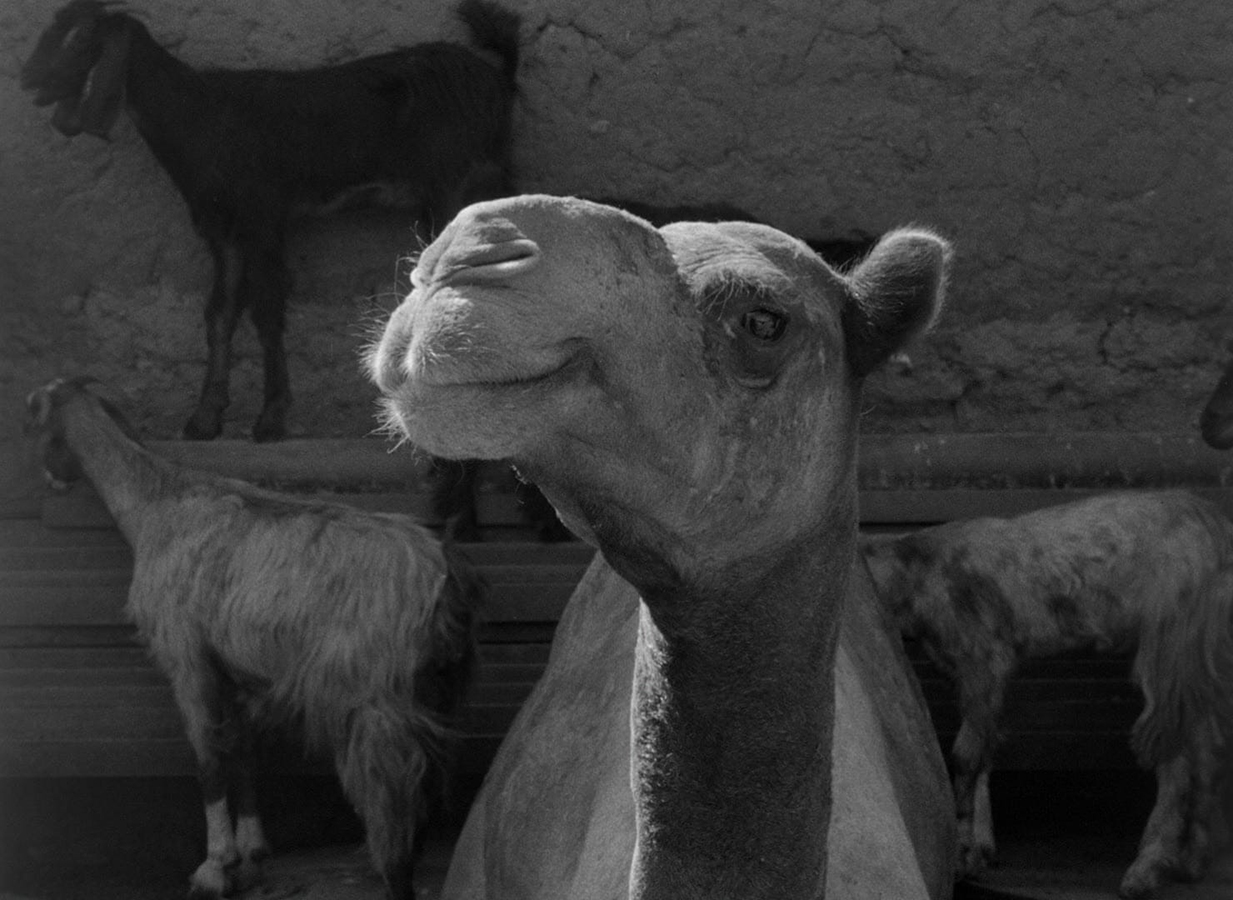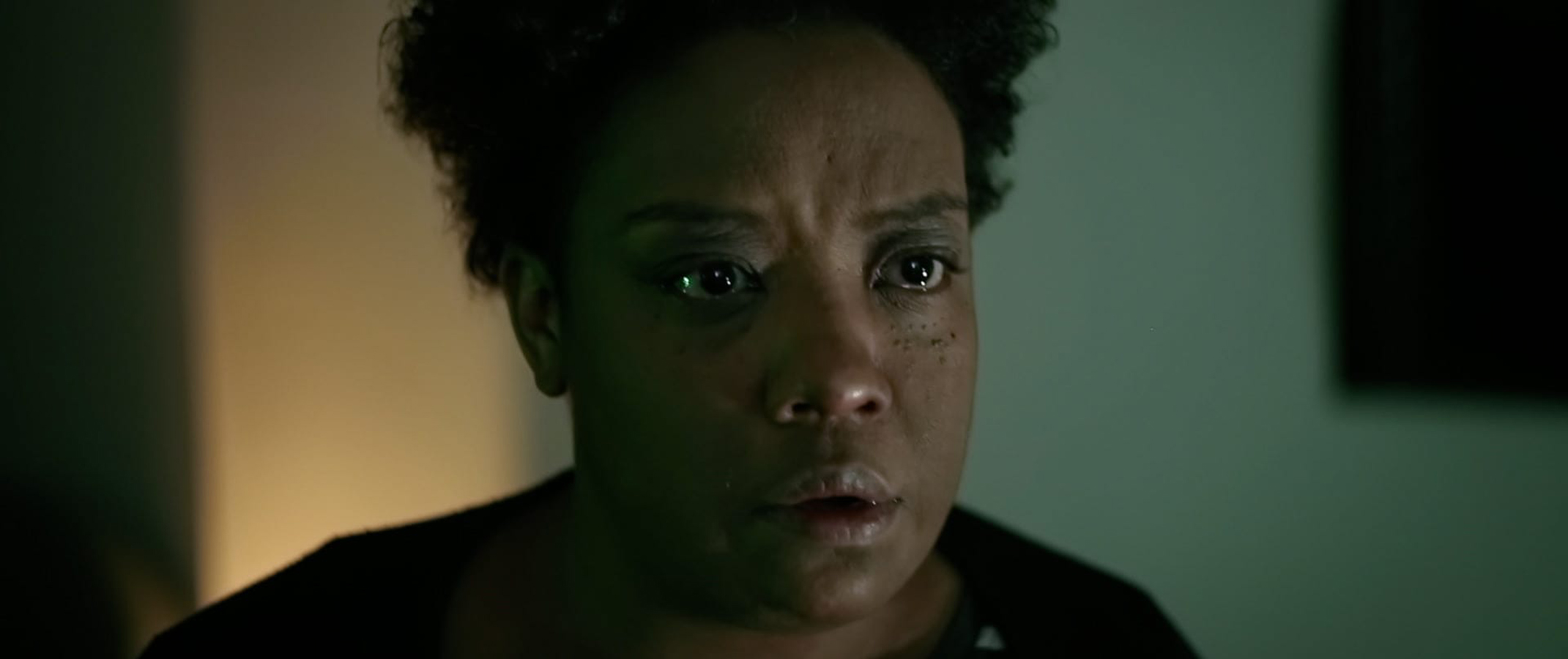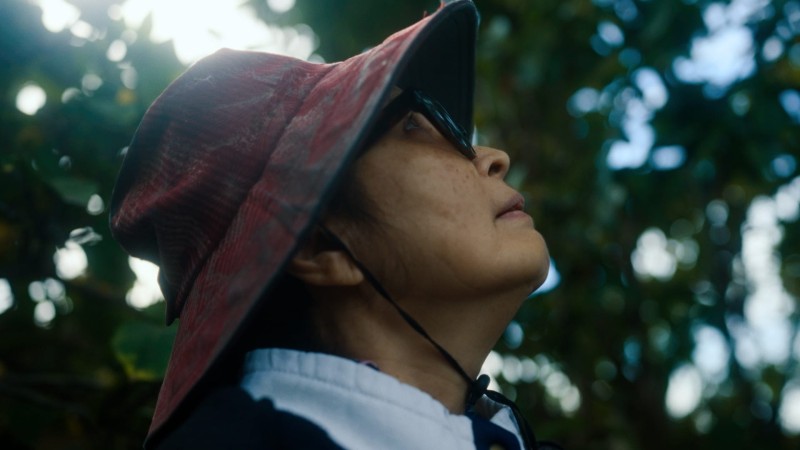Spiral Cinema: A Conversation with Janaína Oliveira

Spiral Cinema: A Conversation with Janaína Oliveira
Cinema traces a history of returns, constantly revisiting its origins and resurfacing its past itineraries. A devotion to the kinetic force of these spiral trajectories animated Janaína Oliveira’s curation of the sixty-sixth edition of the Flaherty Seminar, an annual convening of filmmakers, programmers, critics, scholars, educators, students, archivists, and cinephiles around the subject of nonfiction film. Oliveira is an Afro-Brazilian film scholar, independent curator, founder of the Black Cinema Itinerant Forum (FICINE), and professor at the Federal Institute of Rio de Janeiro (IFRJ). Though rooted in the particularities of her country’s cinematic landscape, her sensibility is also expansive, oriented toward global territories of filmmaking that have long been marginalized. This transcultural and transhistorical approach informed the self-reflectiveness of her Flaherty program, Opacity, which is now playing on the Criterion Channel in an abbreviated form.
Oliveira drew on Brazilian cinema’s rich history of wrestling with questions of economic domination, cultural imperialism, class antagonism, and colonization, which peaked with the Cinema Novo movement of the 1960s and ’70s. Although the significance of racial stratification to all these issues should point to the vital role of Afro-Brazilian cinema in particular, these same factors have perversely restricted the capacities of Black filmmakers. Zózimo Bulbul, who died in 2013, was one of a growing number of cultural workers leading efforts to change this. He cofounded and organized the film festival Encontro de Cinema Negro Zózimo Bulbul: Brasil, África, Caribe, e Outras Diásporas as a way to support Black artists in Brazil and to nurture a global commitment to Afro-diasporic cinema. Oliveira has been a key figure directing the Encontro in the wake of Bulbul’s passing, and the festival’s spirit of transnational Black visuality is a defining quality of Opacity.
There is something daring about organizing a film program around the concept of opacity, underscoring how the visual medium meets its own limitations and potential undoing. While crafting her program, Oliveira was guided by the writing of the late Martinican writer, philosopher, and critic Édouard Glissant. He used the idea of opacity to name an allowance for forms of encounter that would not demand absolute transparency or knowing—the kind of demand that emerges in uneven relationships of power, with critical consequences. Considered in cinematic terms, Glissant’s concept of opacity is a challenge to the primacy of the visual and to the norms of film criticism that seek to explain, analyze, diagnose, and define in absolute terms.

A Camel

Missing Time

Nũhũ yãgmũ yõg hãm: This Land Is Ours!

Republic



